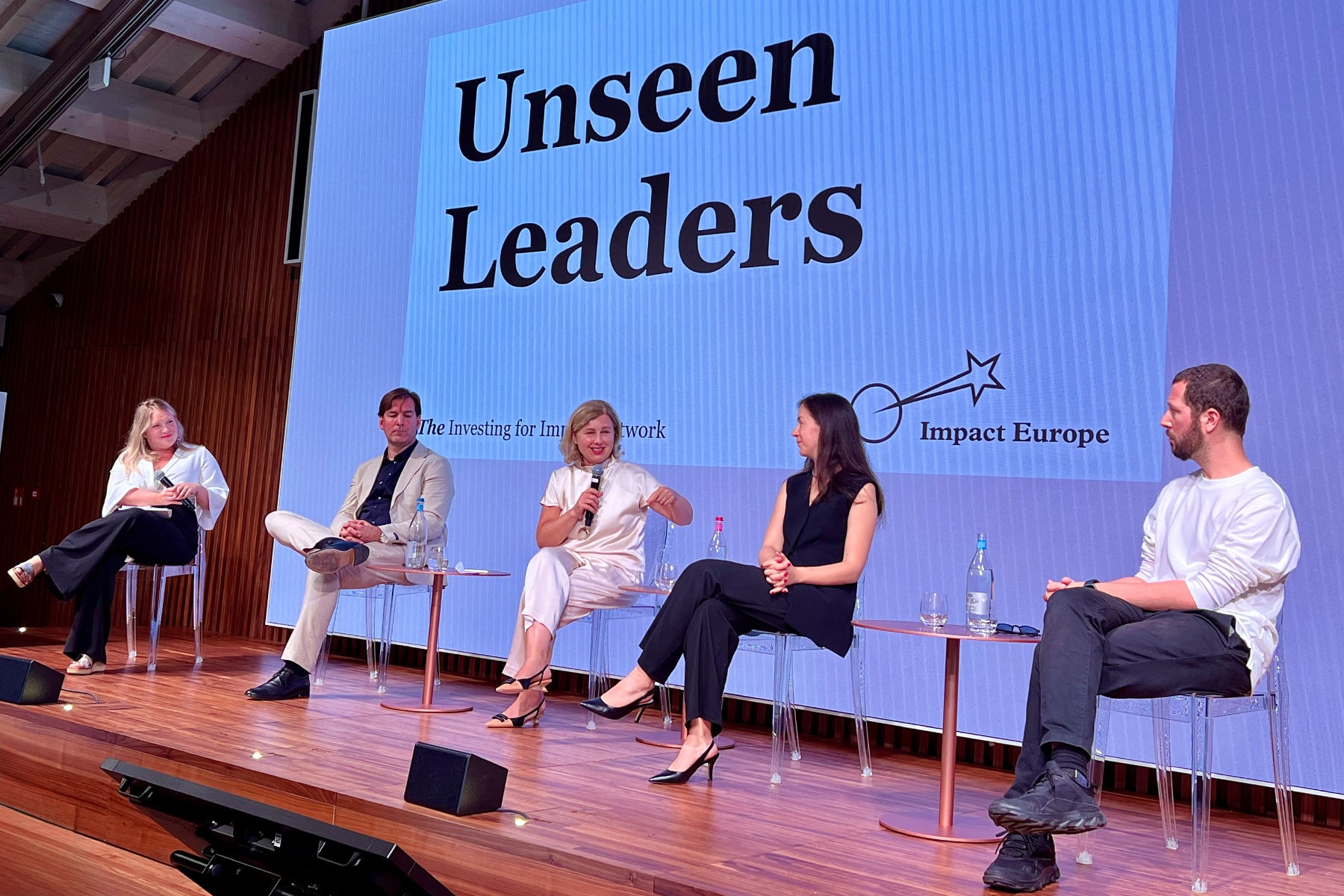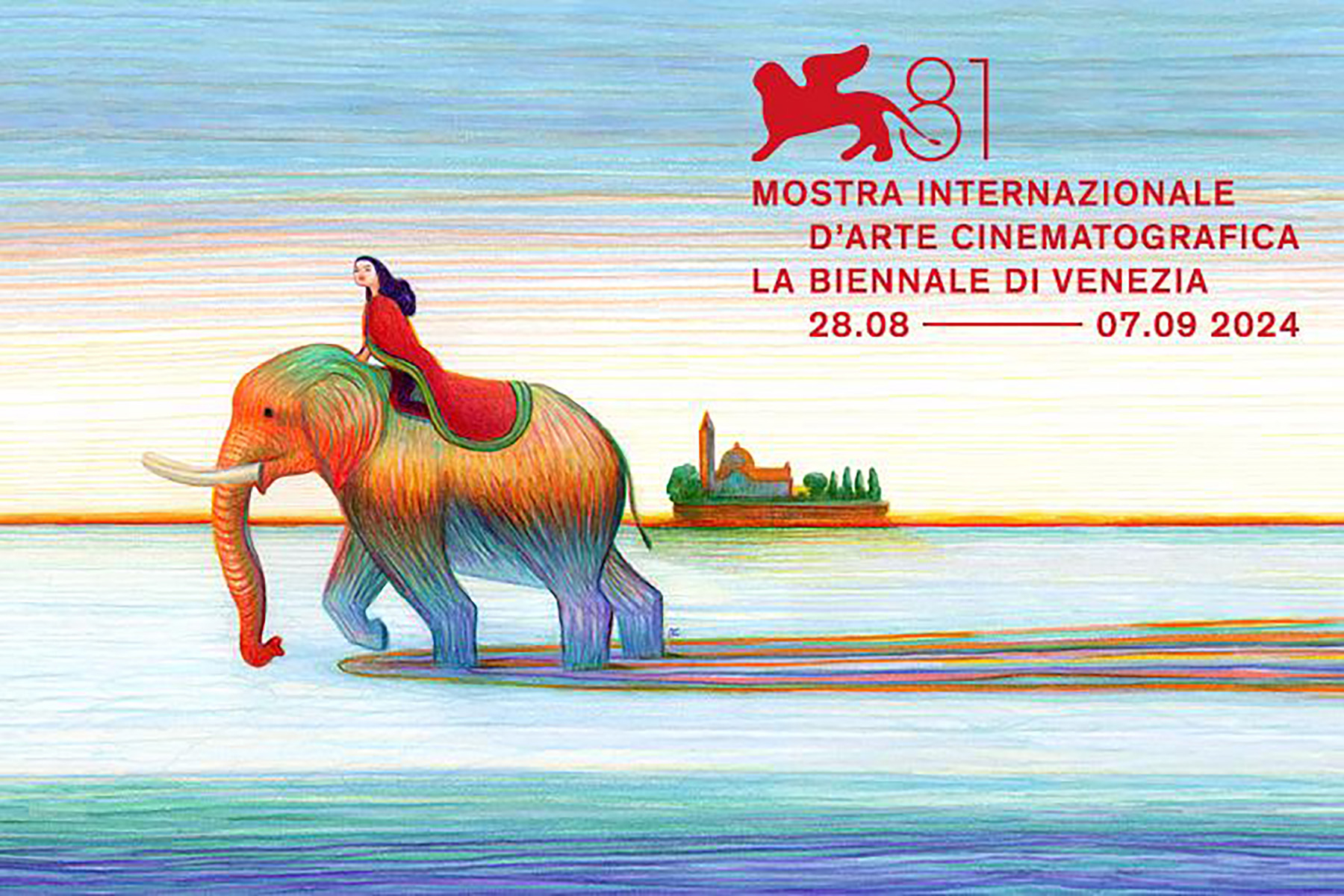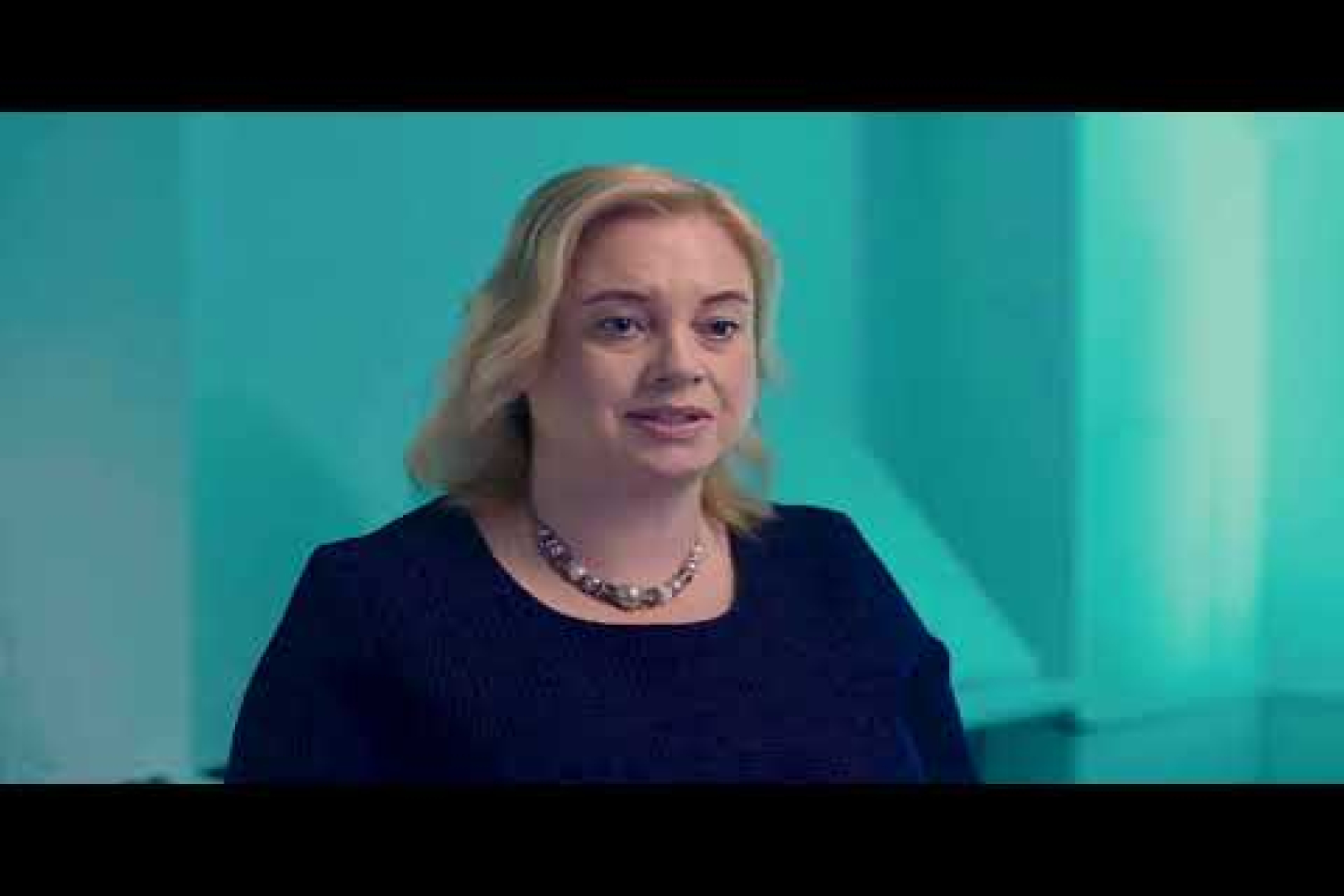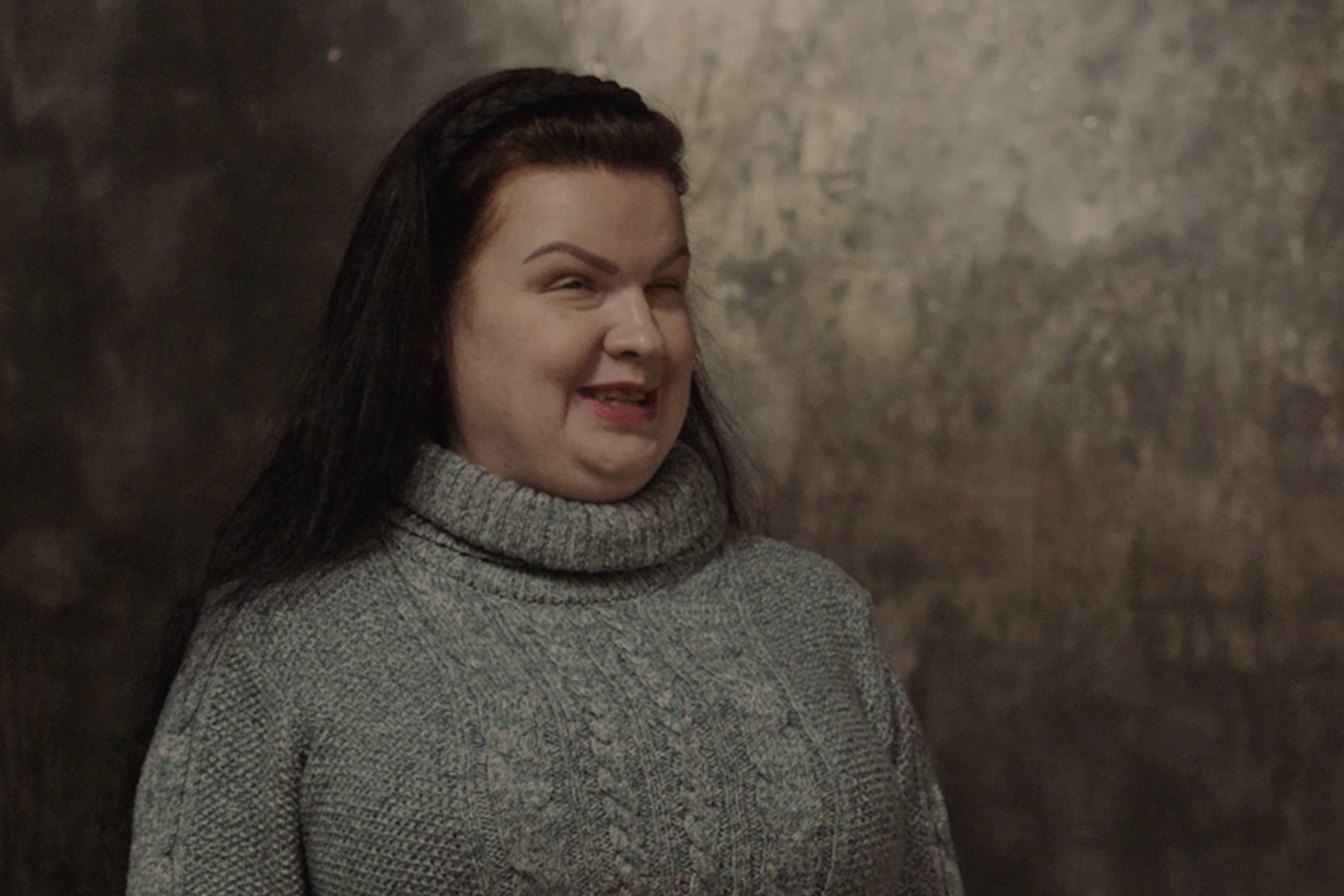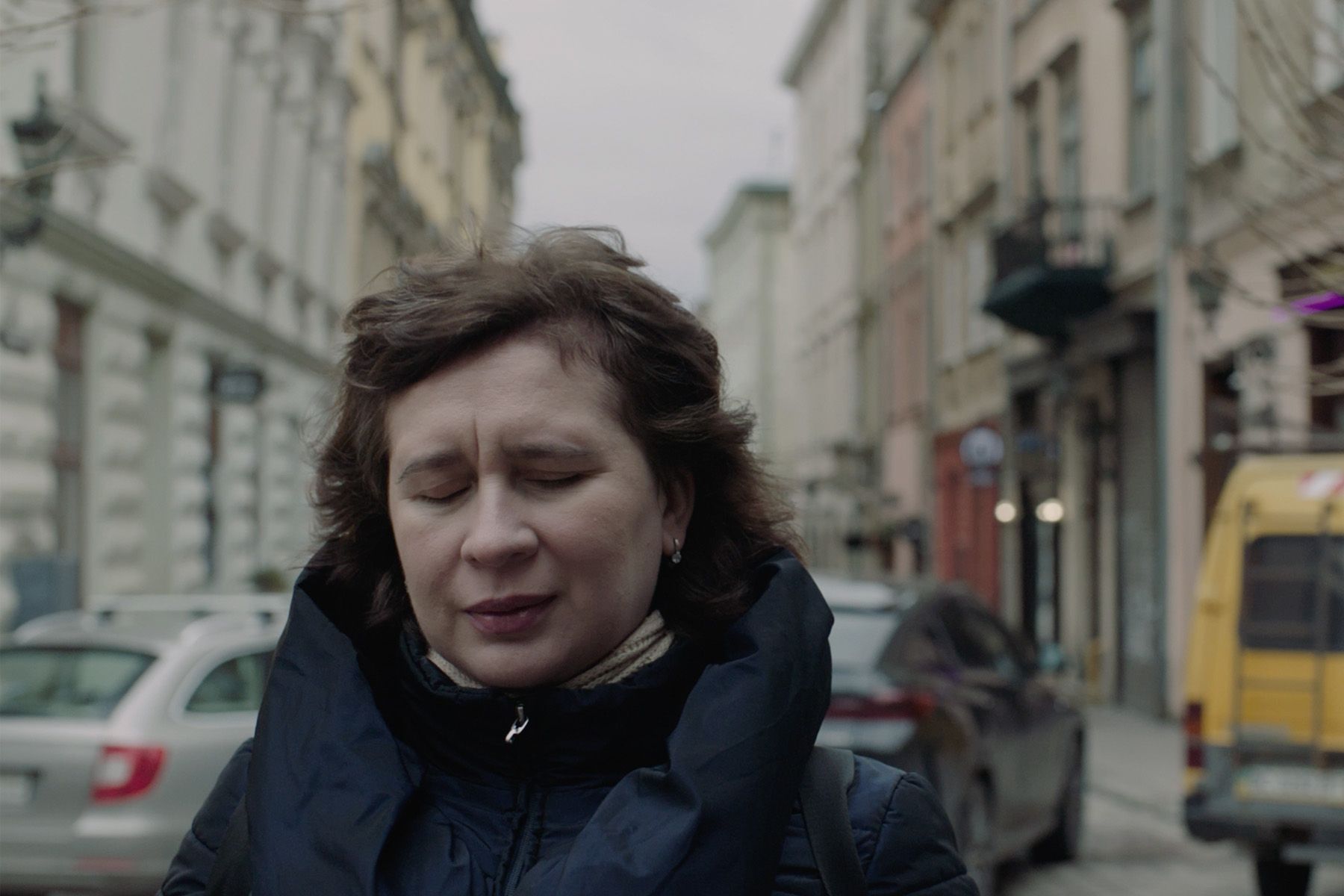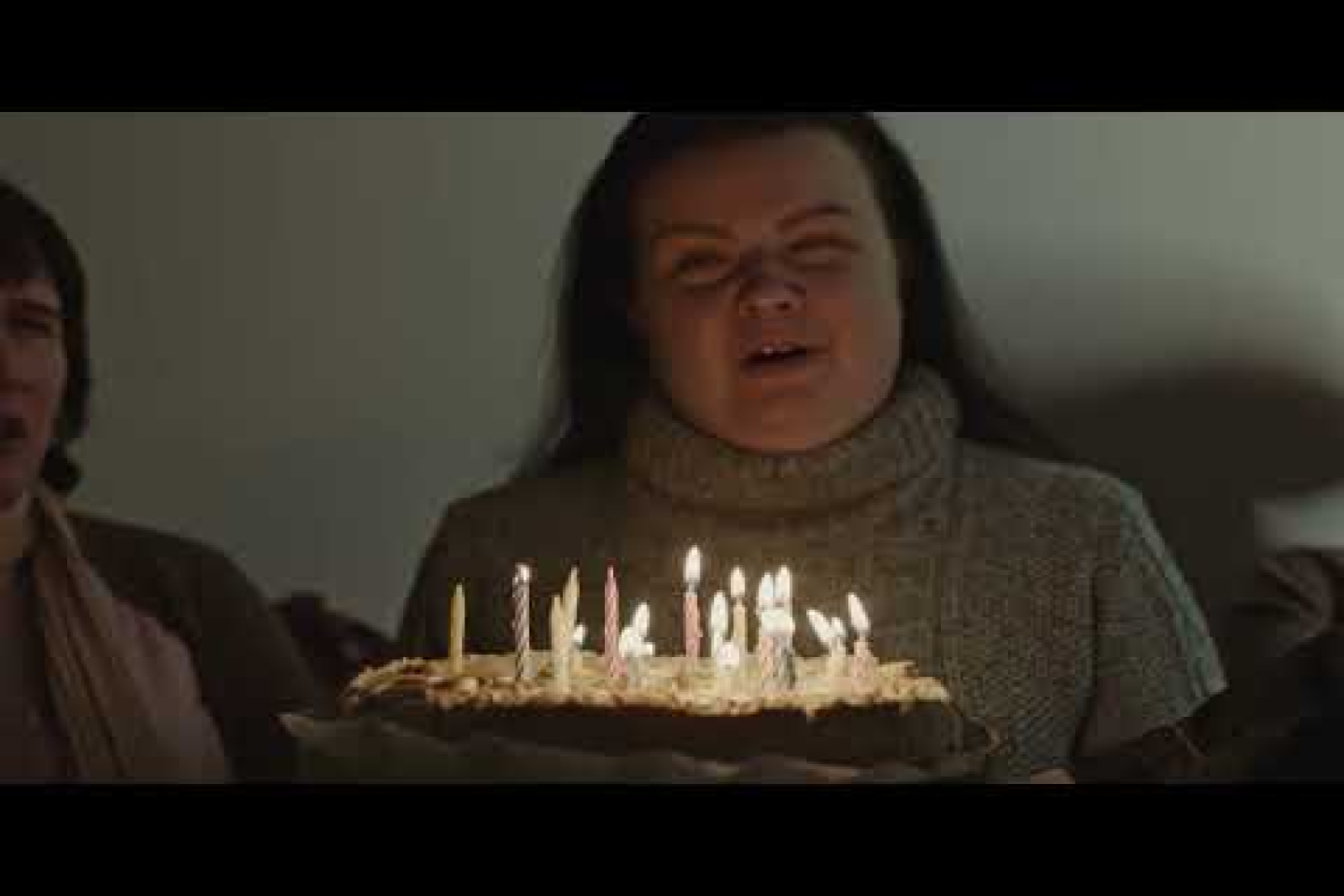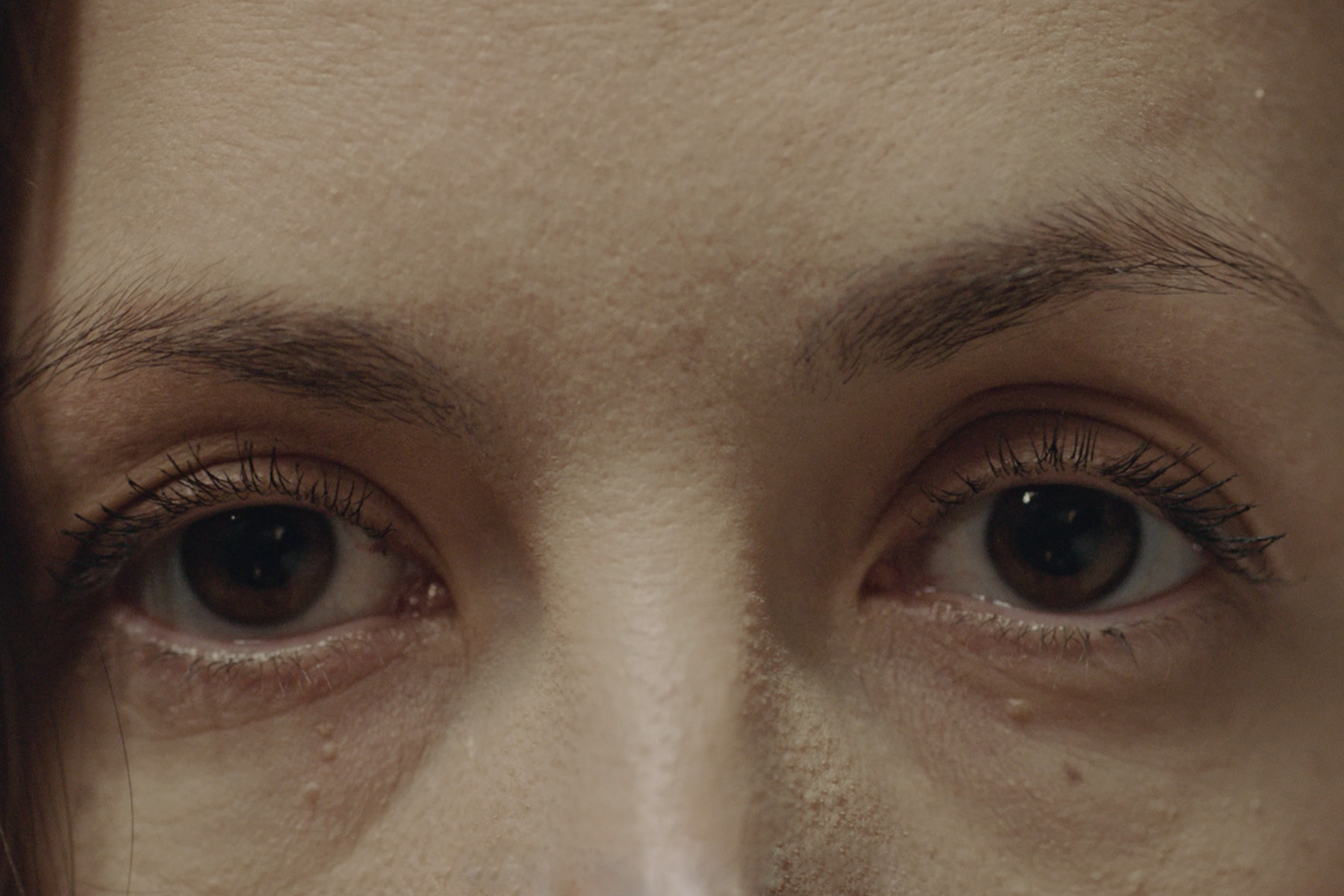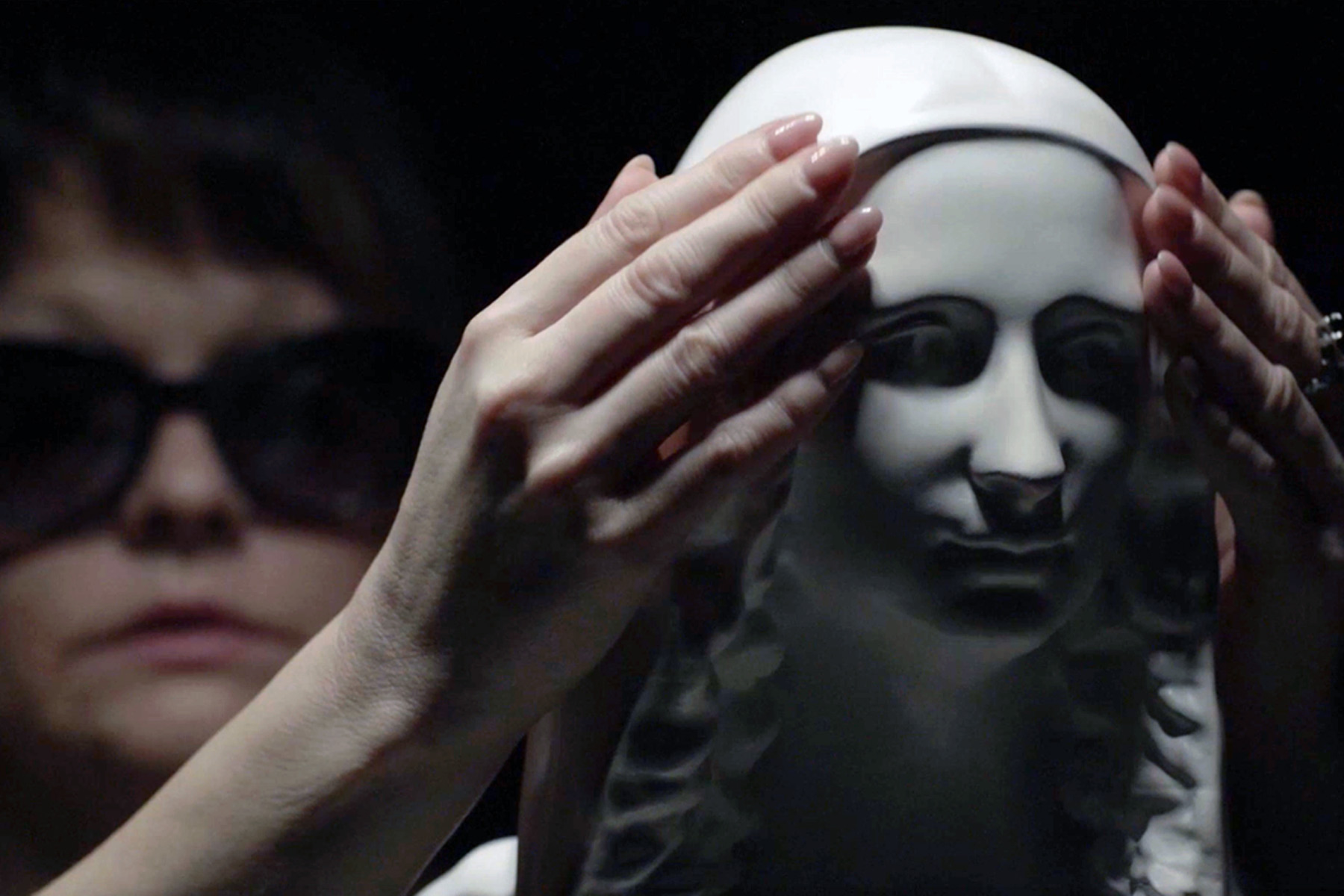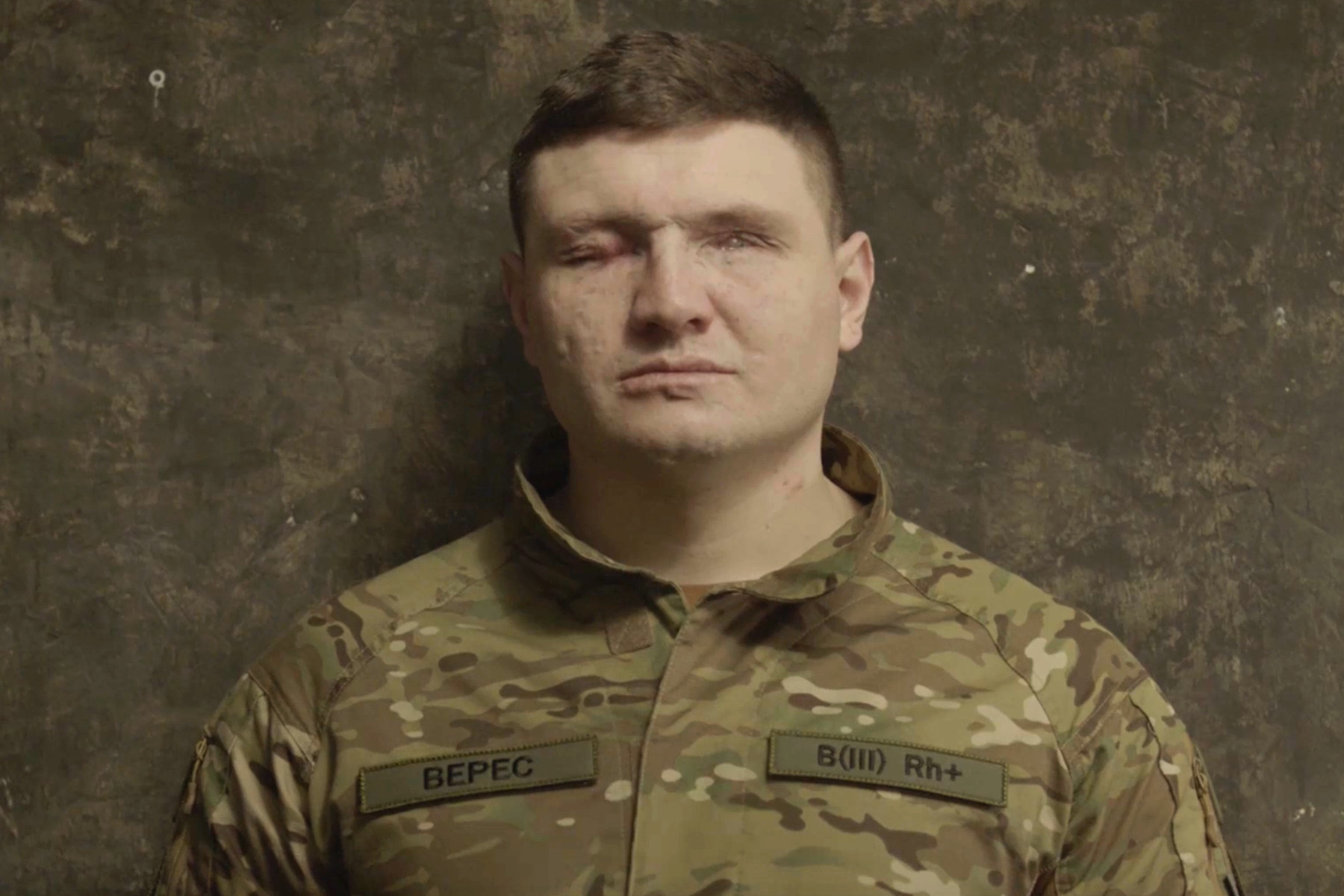Underseen Screens in Venice
Visitors to the Venice Film Festival and Impact Leaders event came together for a first private look at social impact documentary Underseen. Oscar winners and the Vice President of the European Commission sounded off in the panel discussion that followed.
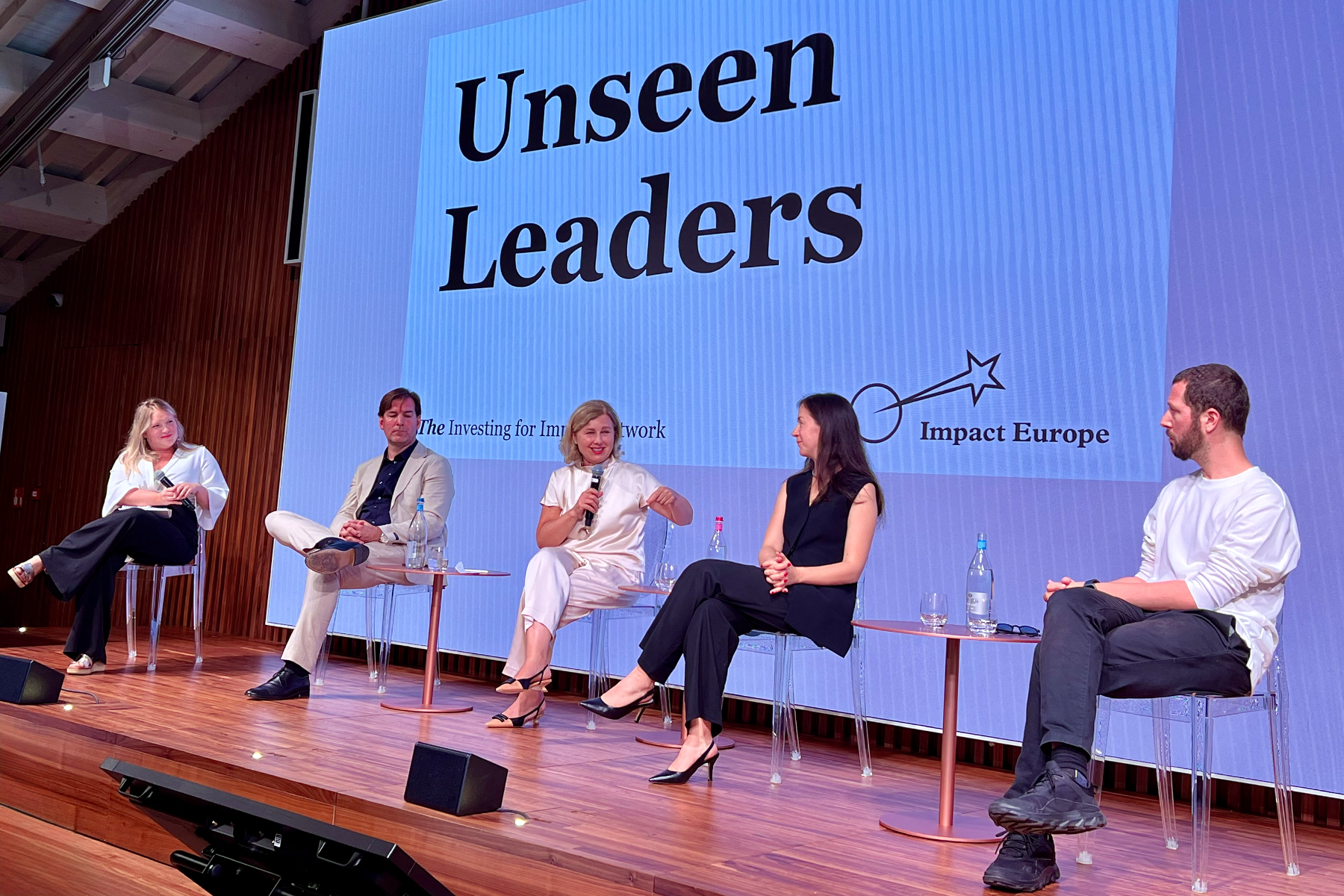
Impact Leaders, our Venice action retreat for the most decisive voices in the impact investing space, ended on a high note with the private pre-premiere of Underseen. The EU-funded documentary tells the story of the Museum in the Dark, a social enterprise that aims to boost awareness and inclusion of the visually impaired in Ukraine – in many ways essential viewing material for impact leaders and decision makers. The pre-premiere took place side by side with the Venice Film Festival, leveraging the presence of a community of filmmakers to infuse the evening with a sense of innovation, boldness and creativity.
A select private audience of around 100 impact leaders made their way to the screening venue, which overlooks the iconic San Marco square in the heart of Venice. Once the home of the procurators of the Venetian Republic, the beautifully renovated halls and arches of the Procuratie Vecchie are now the Home of The Human Safety Net – an impact hub in the truest sense of the word.
Underseen introduced the audience to Ukraine’s Museum in the Dark. Through immersive experiences, guided tours and interactive events, the museum invites visitors to view the world through the eyes of a person with a visual impairment. By employing blind and visually impaired guides, the museum also helps with reintegration of this vulnerable but growing group in Ukrainian society.
Alena Kalibaba, CEO of the Ukrainian Social Venture Fund (USVF), introduced the film to the audience, stating that “the Museum in the Dark is their ‘unicorn’ - a true role model for how to prepare society for the type of inclusivity that is increasingly required in Ukrainian society, right now”.
The USVF impact fund, the first of its kind in Ukraine, was set up in the context of the EU-funded Collaborate for Impact programme, which sets out to support the social economy in the Eastern Partnership countries. The Museum in the Dark is one of many social enterprises that received support through this EU-funding.
“Nothing is more powerful than a human telling a story”
The film was received very positively by the audience, who broke out in applause after a few seconds of silence. The following discussion panel featured Rafael Cortes, the director of the film, Alina Marnenko, the founder of the Museum in the Dark, and Mstyslav Chernov, the Oscar-winning director of the harrowing documentary 20 Days in Mariupol. In addition, we were honoured to include Věra Jourová, Vice-President of the European Commission, to give a true insider’s perspective on the value of culture in policymaking. They were left in the capable moderation of Danielle Turkov-Wilson, Founder of Think-Film Impact Production and an Oscar-winner herself with Navalny.
The on-stage discussion touched upon many topics central to the film, including how to represent the experience of the visually impaired in a visual medium like film, why it matters to tell these stories and what impact they can generate if they reach the right people. “Politicians should be story listeners,” stated Jourova, in a contribution echoed by the other participants. “There is a need to invest more in education, culture and media: we already invest much into the stomach and the brain, but we can do better in investing in the heart.”
Mstyslav Chernov, whose Oscar-winning documentary was screened to members of European Parliament in April of 2024, added force to this call-to-action. “There is nothing more powerful than a human, sitting in front of you, telling his story,” he said. “For decision makers, it is very important to be taken out of their comfortable environment at times, to see the world that is affected by their decisions. Film can do that.” He continued to make a case for the importance of telling human stories that have the power to “become a part of your person, and not just a part of your decisions.” Underseen, Mstyslav stated, is a very important film for Ukraine right now, considering the growing group of veterans who return from the war with visual impairments.
Museum founder Alina Marnenko added that the unique quality of the film lies with challenging stereotypes about the blind. “The museum is about making people more tolerant, and by doing so, making society more tolerant. Underseen is very effective in capturing this.” This style of storytelling was a conscious choice, as made evident by the remarks of director Rafael Cortes. “We chose to pursue emotion first, and detail second. We wanted to show the daily lives of the visually impaired guides, how they navigate the city, but also how they help the sighted navigate the museum. To make clear that next time you see a blind person, you don’t stop talking, as the voice serves as an important reference point.”
An action that lasts
Closing off this recap, I’d like to leave you with the words of Mstyslav Chernov: impact is an action that lasts for years and makes a community better.
In this sense, Underseen has already impacted me. Wandering the streets of Venice, I find myself thinking of the protagonists of the documentary. How would they fare with their canes in a city like this, with all its bridges, canals, alleyways and noises? The visual appeal, grandeur even, of the city stands in contrast with the difficulties it must undoubtedly pose to those who cannot see. It’s a thought I have entertained more than once, over the last few weeks. Really, since my first viewing of Underseen.
It can truly be an eye-opener to consider those who cannot see.

